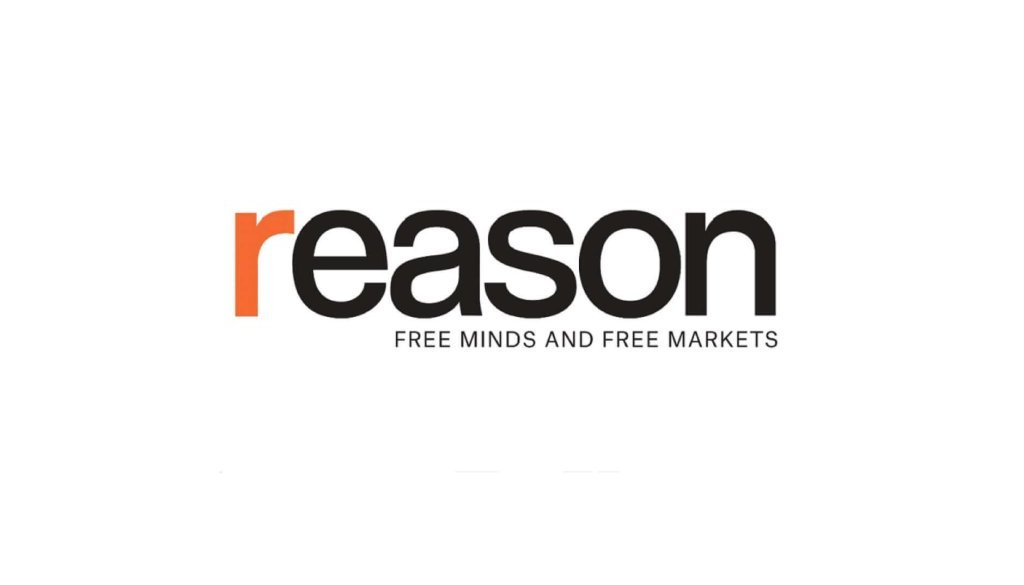On Remand, the 5th Circuit Again Blocks a Lawsuit by a Texas Reporter Arrested for Newsgathering
Last October, the Supreme Court revived a federal civil rights lawsuit by Laredo, Texas, news vlogger Priscilla Villarreal, who was literally arrested for asking questions—a flagrant violation of the First Amendment. The justices remanded the case to the U.S. Court of Appeals for the 5th Circuit, which yesterday killed her case again.
Judge Edith Jones, who wrote the 2024 decision that rejected Villarreal’s lawsuit the last time around, is also the author of Tuesday’s ruling in Villarreal v. Laredo, which begins with a telling mischaracterization. According to Jones, Villarreal claims she suffered “unconstitutional retaliation based on her ‘speech’ obtained from backchannel police sources in order to benefit herself in violation of Tex. Admin. Code Section 39.06(c)”—a little-known, rarely invoked law aimed at “misuse of official information.” That gloss, like Jones’ 2024 opinion, obscures the reality that Villarreal was “jailed for basic journalism,” as Reason‘s Billy Binion put it in 2023—a point he elucidated in a compelling 2024 video about her case.
According to Laredo police and District Attorney Isidro Alaniz, Villarreal committed two felonies by asking Officer Barbara Goodman to confirm details about a public suicide and a fatal car accident. Villarreal argued that Alaniz and the cops had it in for her because they disliked her “unfiltered style” of journalism and resented her criticism of local law enforcement. This was the speech for which Villarreal said she had suffered “unconstitutional retaliation” in the form of trumped-up criminal charges. She noted that Alaniz et al. spent months looking for a charge to pin on her before settling on Section 39.06(c). When she turned herself in, “Laredo police officers took cell phone pictures of [her] in handcuffs while mocking and laughing at her.”
Jones glides over all of this. She not only puts speech in scare quotes; she erroneously asserts that the relevant speech consisted of the information that Goodman gave Villarreal, which does not make much sense in the context of Villarreal’s retaliation claim. And as she did in her 2024 opinion, which dripped with contempt for Villarreal’s supposedly unprofessional “journalistic style,” Jones implies that Villarreal’s reporting was somehow illegitimate because she relied on “backchannel police sources” and hoped to “benefit herself.” Given Villarreal’s sneaky methods, Jones said last year, it was “inappropriate” to portray her as “a martyr for the sake of journalism.”
That view betrays a fundamental ignorance of how journalism works. Reporters across the country routinely seek information from “backchannel” sources, and their newsgathering is indisputably protected by the First Amendment. It does not matter whether they work for the “mainstream, legitimate” news outlets that Jones prefers, whether they are trying to “benefit” themselves (by, say, earning a salary or attracting an audience that might help boost advertising revenue), or even whether they could be said to “capitalize on others’ tragedies to propel [their] reputation[s] and career[s],” which is how Jones described Villarreal’s reporting in 2024.
That earlier opinion—the one that the Supreme Court vacated—said it was not “obviously unconstitutional” to arrest a reporter for reporting. That conclusion was so astonishing that it provoked four vigorous dissents authored or joined by seven of Jones’ colleagues.
“If any principle of constitutional law ought to unite all of us as Americans, it’s that the government has no business imprisoning citizens for the views they hold or the questions they ask,” Judge James C. Ho wrote. Judge James E. Graves Jr. agreed that Villarreal’s arrest was “obviously unconstitutional,” noting the “well-established right of journalists to engage in routine newsgathering
Article from Reason.com

The Reason Magazine website is a go-to destination for libertarians seeking cogent analysis, investigative reporting, and thought-provoking commentary. Championing the principles of individual freedom, limited government, and free markets, the site offers a diverse range of articles, videos, and podcasts that challenge conventional wisdom and advocate for libertarian solutions. Whether you’re interested in politics, culture, or technology, Reason provides a unique lens that prioritizes liberty and rational discourse. It’s an essential resource for those who value critical thinking and nuanced debate in the pursuit of a freer society.




